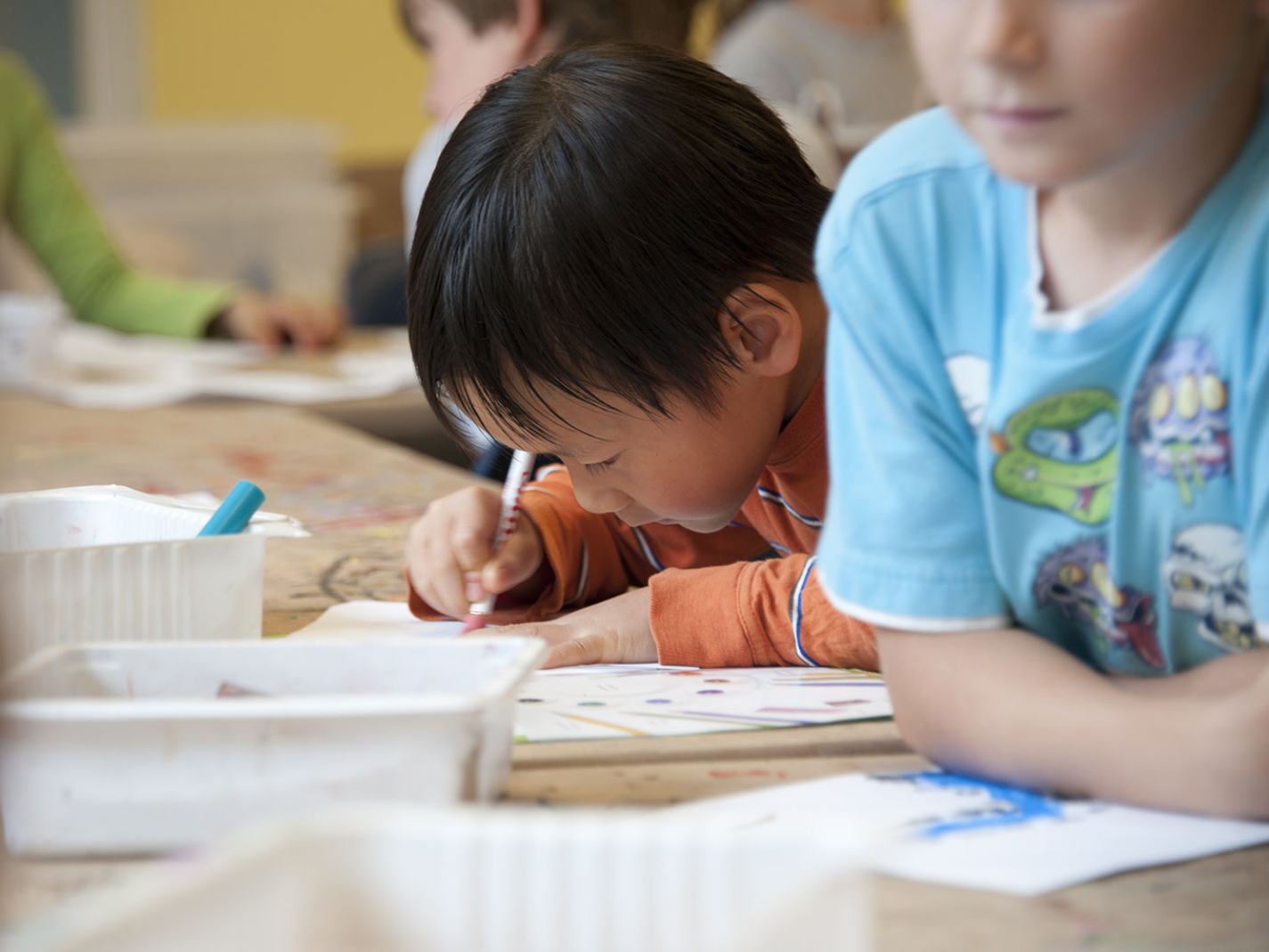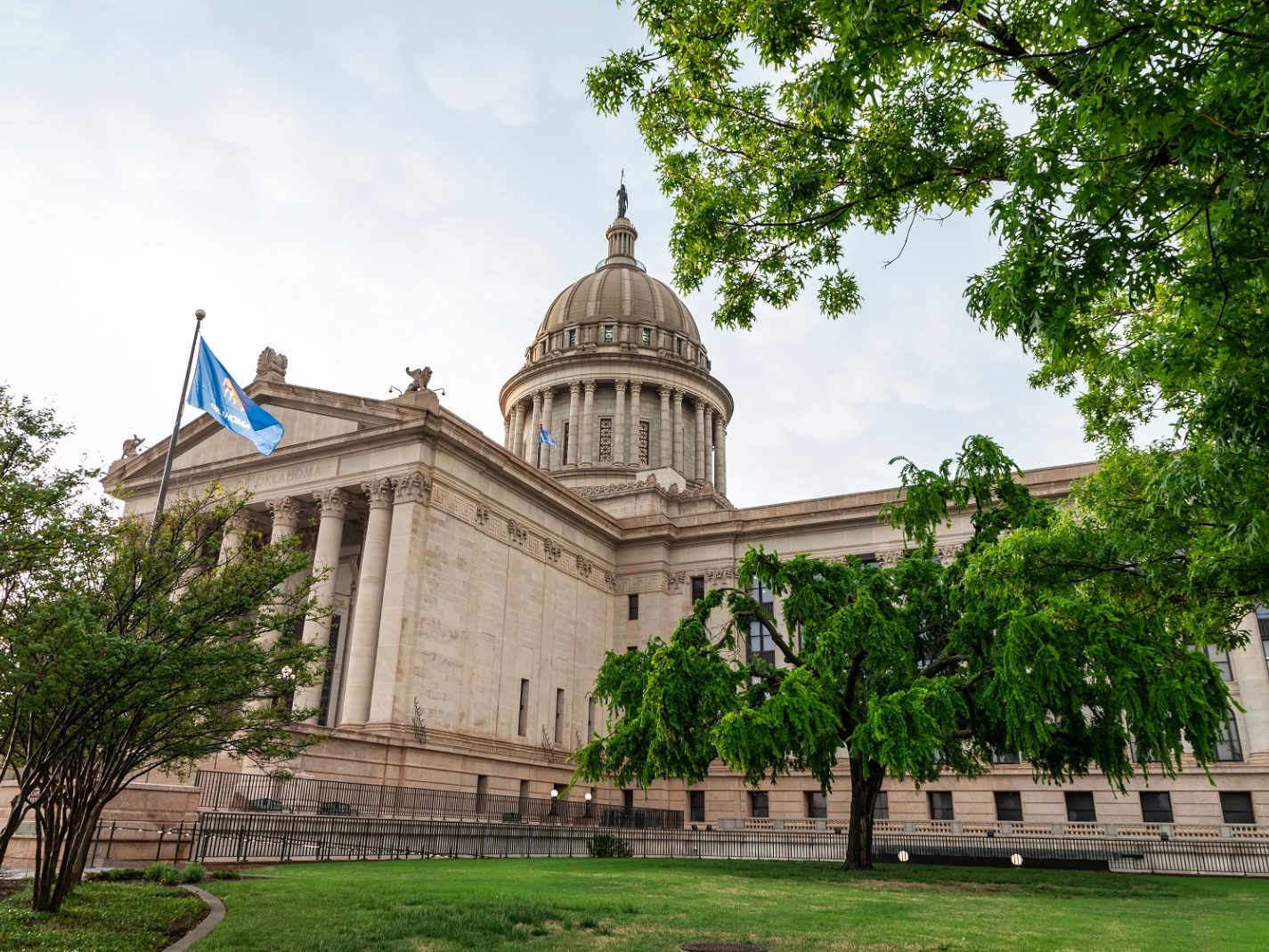For more than 20 years, the Collaborative for Academic, Social, and Emotional Learning (CASEL) has almost singlehandedly propounded the pedagogical concept of “social and emotional learning” (SEL). CASEL originally designed SEL as a model for teaching skills such as “responsible decision-making” and “self-management.” But recently, the organization has used the SEL banner to promote another value: equity.
The substance of social and emotional learning has undergone a subtle but important shift. CASEL deems equity a key fixture of its strategic plan, hosted seminars discussing “SEL as a lever for equity,” and touted a social-justice-oriented model called Transformative SEL. That model, in the organization’s words, “concentrates SEL practice on transforming inequitable settings and systems” and seeks to promote “justice-oriented civic engagement.” How? By “making explicit” such issues as “power, privilege, prejudice, discrimination, social justice, empowerment, and self-determination.”
In practice, Transformative SEL resembles most other equity-driven pedagogies. CASEL recently released a list of “Guiding Questions” for teachers to evaluate SEL practice “through an equity lens.” They include: “In what ways does your identity . . . inform who you are as an educator?” “In what ways have you taken action to impact change when you recognize inequity in your school?” “How do historic and systemic issues of inequity contribute to your understanding of the root causes of the problems you see?” Witness the concept creep: teaching relationship skills and self-management now requires understanding and redressing “historic inequities.”
Students can expect a politicized education focused on race, identity politics, and activism. Another CASEL brief, issued last spring, describes strategies for implementing Transformative SEL in the classroom. One involves “Using SEL Discussions to Validate Student Experiences of Oppression.” Another: “SEL Instruction as a Space to Encourage Youth to Use their Voice for Social Justice.”
If CASEL deploys charged language to advocate substantive political goals, schools are following its lead. SEL is already ubiquitous in American schools, and 20 school districts have partnered directly with CASEL in their SEL implementation—including such major metropolitan districts as Chicago and Boston Public Schools. According to Melissa Schlinger, vice president of practice and programming at CASEL, the partner districts “have really taken [the Transformative] approach to their SEL work.”
Many districts imitate CASEL’s equity language verbatim. Boston Public Schools adopted the principles of Transformative SEL in 2019, praising the model as an “equity-based approach.” The district’s Transformative SEL Action Guide recommends both action civics—a social studies pedagogy that encourages students to embrace political causes—and “restorative justice practices.” According to the Austin Independent School District, Transformative SEL “intentionally weaves in social justice and empowers students as co-creators of equitable solutions.” One of the district’s five SEL priorities is to “Leverage the implementation of Social and Emotional Learning to advance Austin ISD’s commitment to cultural proficiency, inclusiveness, and equity.” Now Austin’s SEL and Cultural Proficiency and Inclusiveness offices have merged, rendering SEL an adjunct of the district’s growing diversity, equity, and inclusion initiatives.
The merger of SEL and equity is visible in the curriculum. The Cleveland Metropolitan School District, for example, lists educational nonprofit Facing History and Ourselves as offering one of its three “Supported SEL Curricula.” Facing History and Ourselves links its curriculum to CASEL’s model; CASEL, in turn, notes approvingly that Facing History is “designed to integrate issues of race/ethnicity into regular social studies and language arts instruction.” In practice, Facing History emphasizes both social justice and student activism, recommending projects that ask students to “Identify a problem,” “Come up with a solution,” “Identify action tools,” and “DO SOMETHING.”
This iteration of social and emotional learning offers nothing suggested by its name. It undermines neutral education by tacitly endorsing the notion that everything should be political. Skeptical parents are pushing back, and it’s easy to understand their concern. Transformative SEL represents a now-familiar story: another corner of the curriculum politicized.
John Sailer is a research associate at the National Association of Scholars.
Editor’s Note: This article was originally published by City Journal on October 14, 2021, and is republished here with permission.
Image: CDC, Unsplash, Public Domain



